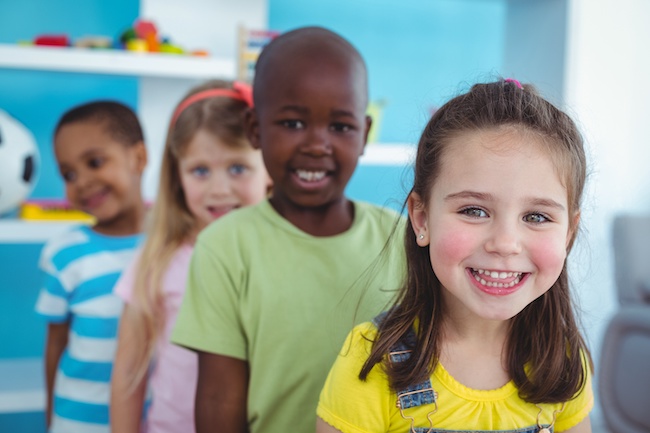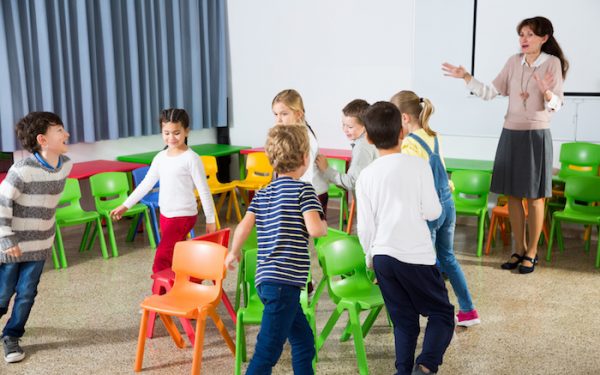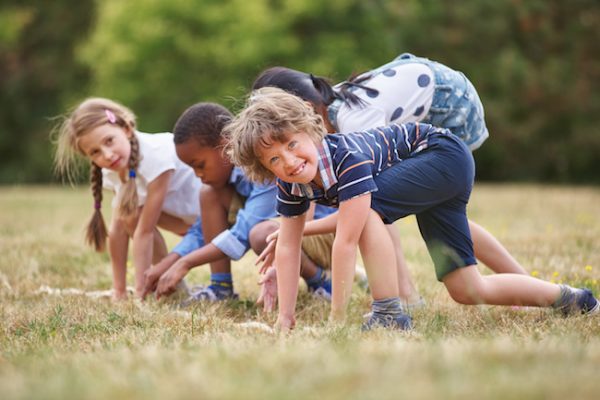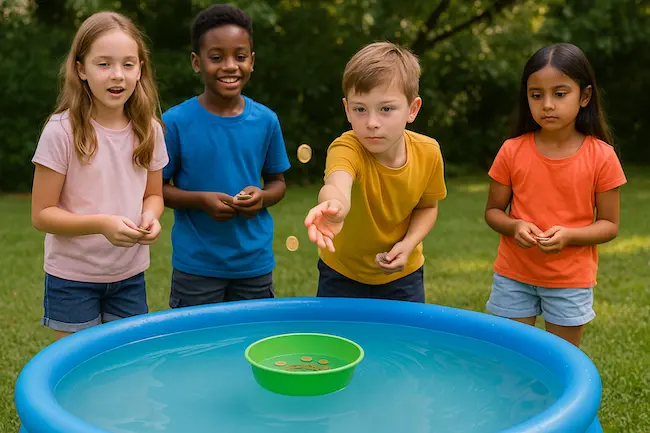Puzzle Relay – Fun Puzzle Game for Kids’ Parties
Puzzle Relay is a fun and fast-paced group game that combines physical movement and mental challenge. Perfect for birthday parties or school events, this activity encourages teamwork, problem-solving, and quick thinking—all while keeping kids active and engaged.
Quick Overview of Puzzle Relay
Before you start playing, here are the basics to get you set up in no time:
- Number of players: 8 or more children
- Ideal age group: 6 years and older
- Materials needed: Jigsaw puzzles (same number of pieces per team), timer or stopwatch
- Location: Indoors or outdoors
- Game duration: Around 15 minutes
This game adapts well to different spaces and group sizes, making it a go-to choice for organized play.
For a different twist on speed and coordination, try our wacky relay challenge—perfect for keeping kids energized and entertained.
Game Setup and Preparation
Let’s prepare everything you need to launch your Puzzle Relay.
- Divide players into teams of equal size.
- Give each team a jigsaw puzzle.
- Mark a starting line and place the puzzles at the end of a relay zone.
This setup is simple and allows the game to begin smoothly.
If you’re looking to mix action with brain teasers, the riddle race activity is a great way to get kids thinking on the run.
How to Play Puzzle Relay
Here’s a step-by-step explanation to ensure everyone understands the rules:
- Each team lines up behind their puzzle area.
- At the signal, the first player runs to grab and place a puzzle piece.
- They run back and tag the next teammate.
- This continues until the full puzzle is completed.
- The first team to finish their puzzle wins!
Keep the excitement high by cheering for all players and celebrating progress. You can also explore the fun of cooperation and speed with our gardeners and worms group game, a hilarious race with a twist of teamwork.
Fun Game Variations
Spice up the game with these creative variations to suit different ages and energy levels:
- Blindfold Relay: Add challenge by blindfolding players when choosing and placing pieces.
- Obstacle Course Relay: Have kids navigate a mini obstacle before reaching the puzzle.
- Mixed Puzzle Relay: Mix up puzzle pieces from multiple sets. Teams must sort and complete their own.
- Theme Puzzle Relay: Use puzzles with specific themes and add trivia questions related to them.
- Collaborative Relay: All teams work together to complete one large puzzle for a team-building version.
Another great option for active play is the stuck in the mud running game, which keeps everyone on their toes with fast-paced tag action.
Tips for Success
Here are a few suggestions to make the game safe and fun:
- Choose puzzles appropriate for your age group.
- Avoid overly competitive setups—keep it lighthearted.
- Create clear walking paths to reduce the risk of bumps or falls.
For classic outdoor fun that builds strength and strategy, try our Red Rover team challenge—a timeless favorite that kids love.
Educational Benefits of Puzzle Relay
This activity is more than just a game—it supports skill development across several areas:
- Confidence Boost: Contributing to team success helps children build self-esteem.
- Teamwork & Communication: Encourages cooperation and clear communication among players.
- Problem-Solving: Kids analyze and test solutions as they assemble the puzzle.
- Motor Skills & Coordination: Handling pieces and moving quickly improves dexterity and coordination.
- Time Management: Completing the puzzle under time pressure builds focus and planning skills.
- Adaptability: Players learn from mistakes and adjust strategies on the go.
You’ll find even more action-packed ideas in our full collection of running games for kids, perfect for group play, outdoor parties, and high-energy fun.
Frequently Asked Questions (FAQ)
- Can I use different puzzles for each team?
Yes, but make sure they have the same number of pieces and similar difficulty to keep the game fair. - What if a team finishes before the others?
Let them cheer on the others or assist younger teams to encourage a positive and inclusive atmosphere. - Is Puzzle Relay suitable for older children?
Absolutely. You can increase the challenge by adding trivia, larger puzzles, or physical obstacles to adapt the game for older age groups.
And for immersive adventures that go beyond races, explore our selection of printable mystery and treasure hunt games for kids—ready-to-play kits designed for curious minds and festive fun.






